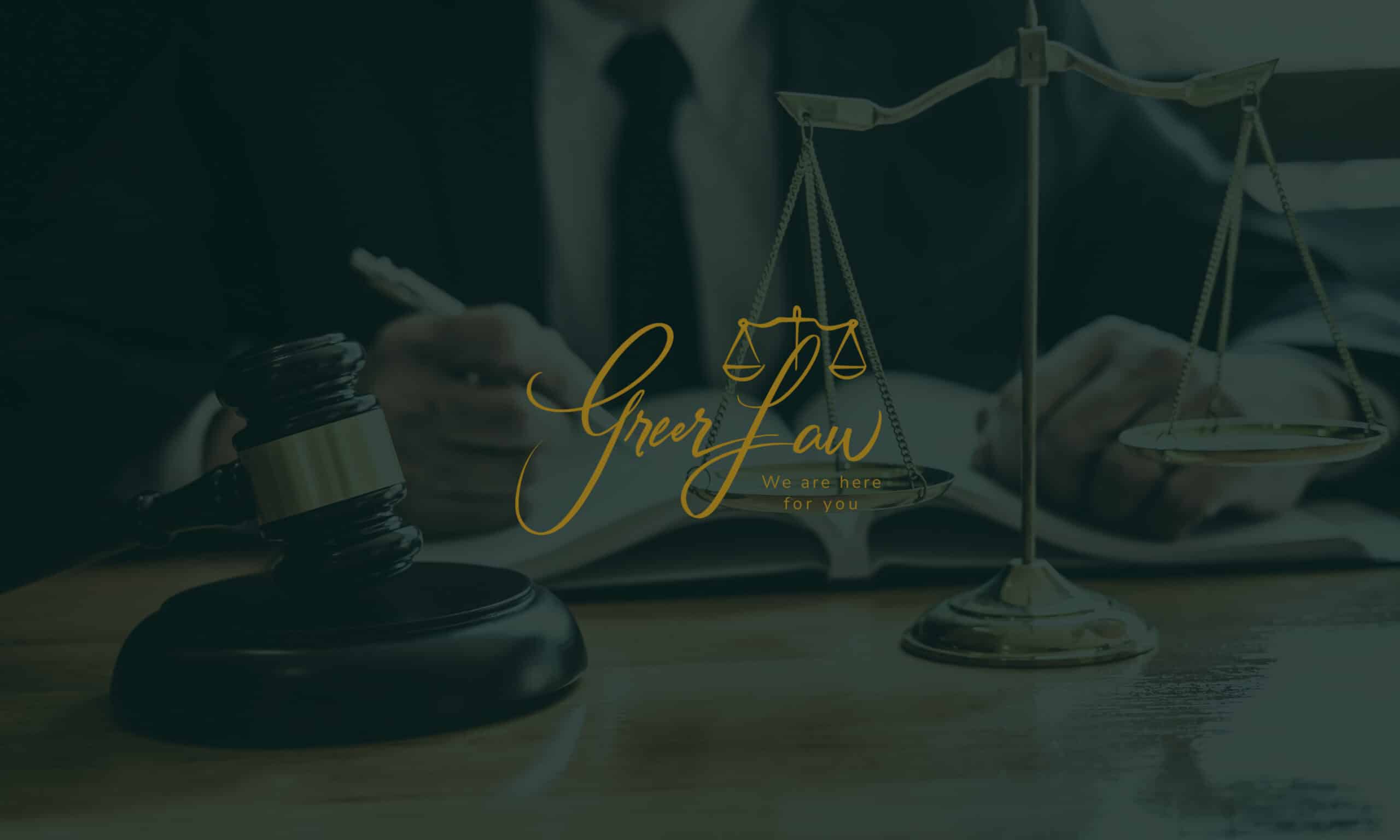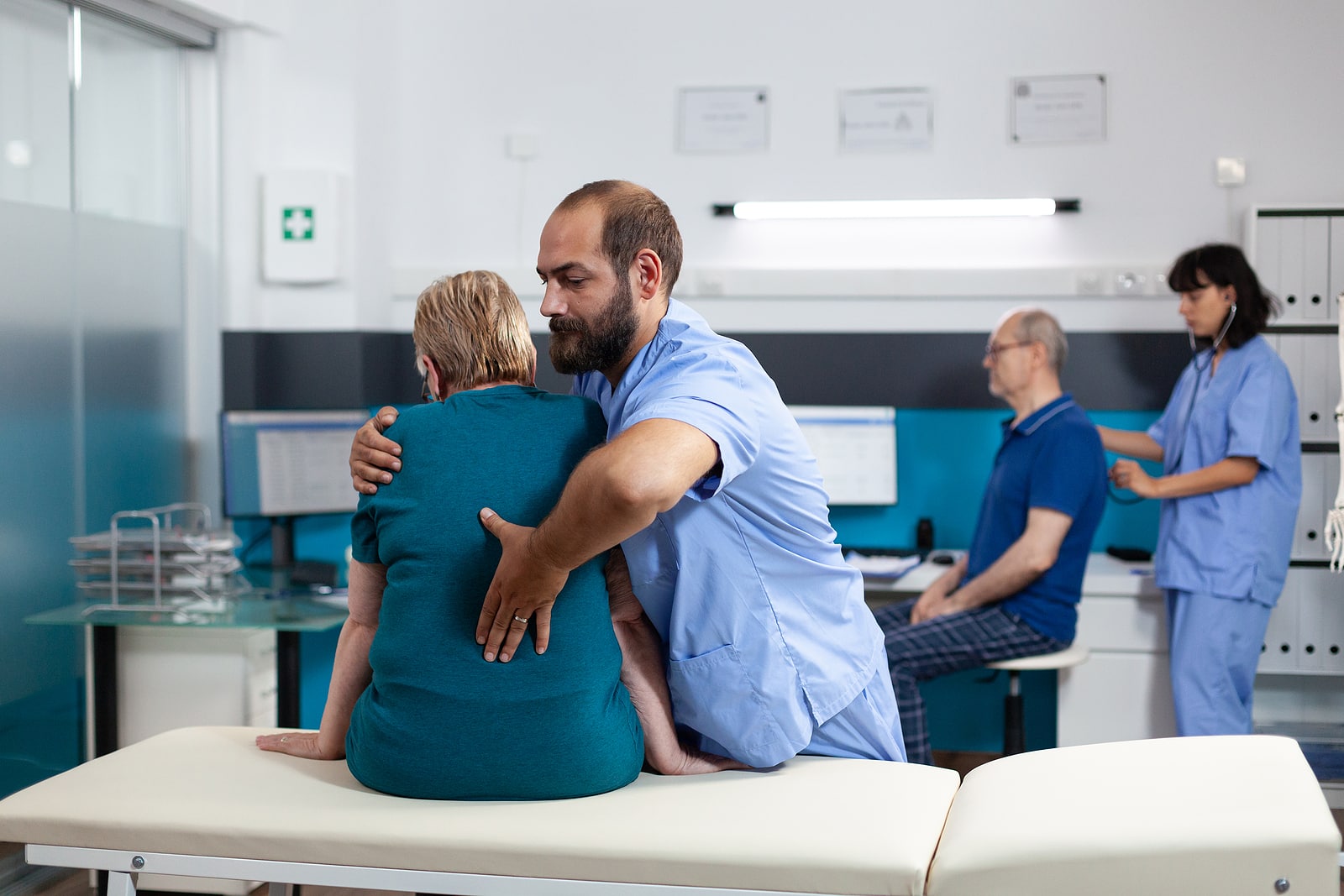If you are involved in a vehicle accident, the steps you take in the following seconds, minutes, and hours are critical. Both you and others may require immediate medical assistance, and at the same time, you need to take whatever steps you can to gather and preserve evidence in case you need to file a personal injury claim. Let’s run down nine important steps to take if you are involved in a car crash, particularly one where injuries may be involved.
1. Check for injuries.
The first priority after a collision is to see whether anyone is injured (including yourself). Check yourself and others in the car for injuries (e.g., signs of bleeding, broken bones, etc.). If you can exit the car safely, do so. If you’re injured, moving could make things worse, so don’t try to move unless you are obviously unsafe in the car. Wait for the professionals to help you get out. (The same goes for others in the car with you.)
2. Call 911.
Get help on the scene as quickly as possible. Tell the operator what happened and where you are so they can dispatch police, fire department, and EMT to the scene to lend immediate assistance.
3. Document damage and injuries.
Once you’ve done the immediate steps of getting help, your next priority is to start collecting evidence that may be needed to prove a personal injury claim. The best way to do this is to snap photos or videos with your smartphone. Take photos of the damage to the vehicles, the vehicles’ positioning, and any injuries sustained. Even if your injuries are just scratches and bruising, it is important to take the photos to document those injuries. These photos can later be used by insurance and your attorney to calculate losses and help determine who is at fault.
4. Exchange info with the other driver(s).
Your next priority is to exchange insurance and contact information with the other driver involved in the accident (or drivers, if it’s a multi-car collision). This information will be needed in the days ahead as insurance companies and lawyers determine who is at fault and begin to negotiate a settlement.
5. Talk to eyewitnesses.
If any bystanders saw the accident happen, their version of the story could be critical evidence to support a personal injury claim. The police will talk to witnesses and include that information in their report, but it’s also helpful to hear firsthand what happened. Ask them what they saw and record their answer on your smartphone if possible. The police often do not take down witness names and number, so even if you are not in a position to fully discuss what they witnessed, it is important to get their contact information so you have it in the future.
6. Get medical attention.
The next step is to make sure everyone involved who is injured gets immediate medical attention—including yourself. If you’re not sure if your injuries are significant enough to warrant a trip to the hospital, err on the side of caution and go anyway—or at the very least, make sure you get checked by a doctor within 24 hours of the crash. (Some internal injuries may not be obvious right away, but they could be no less serious if not treated.) Insurance companies base their evaluations of automobile accidents on the timeliness of the medical treatment received, so it is very important to seek treatment promptly.
7. Call your insurance company.
As soon as possible after the accident, contact your insurance company to report the accident and start a claim. Even if you don’t believe you’re at fault, your insurance may still cover certain expenses that the other party’s insurance can’t or won’t cover (for example, if you have uninsured motorist coverage or personal injury protection). Provide any supplemental documentation that might be relevant to the claim, such as medical bills or wage information that reflect how much you’ve spent on medical care (and perhaps prescriptions) since the accident date. Additionally, if you do have uninsured/underinsured motorist coverage (UI/UIM) the provisions of your policy likely require you to notify them shortly following an accident.
8. Get a copy of the police report.
An official police report of the accident should be available within a few days of the accident. Be sure to request a copy from your local police department (if your accident occurred in Denver, you can begin your request here.) This report may contain critical information regarding who is at fault and support a personal injury claim.
9. Call an attorney.
Finally, make sure you talk to an experienced personal injury attorney regarding your accident, especially if you’re injured. If you attempt to pursue a settlement with the other party’s insurance company yourself, there’s a good chance their settlement offer will be far less than what you need to cover the costs of your medical care, time off work, etc. Hiring a skilled attorney to negotiate for you (and litigate, if necessary) will help ensure you recover all damages to which you’re entitled.
The Denver personal injury attorneys of Greer Law have an excellent track record helping accident victims receive the compensation they deserve. For a free initial consultation, call us today at 3033316460.




